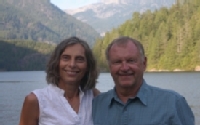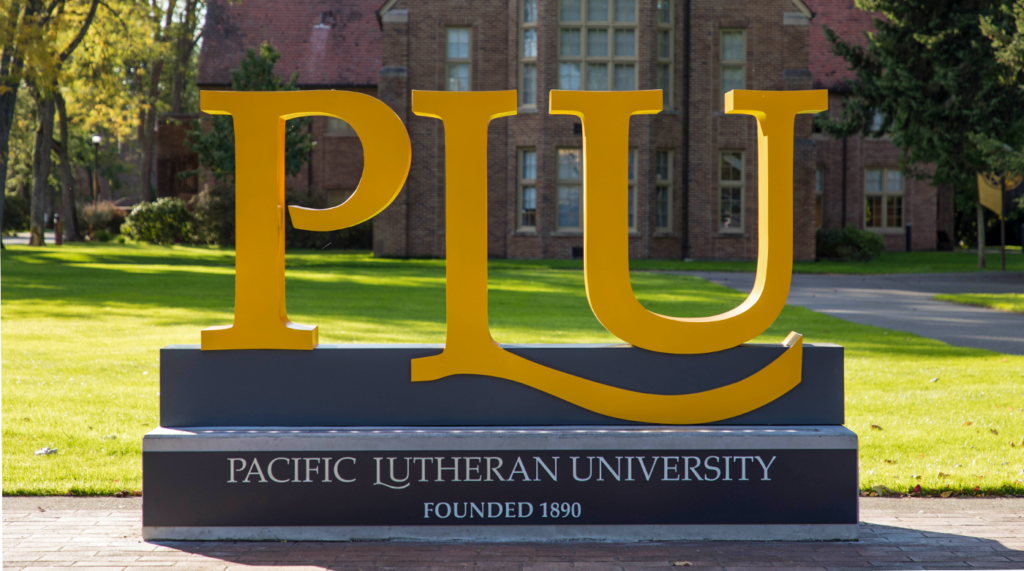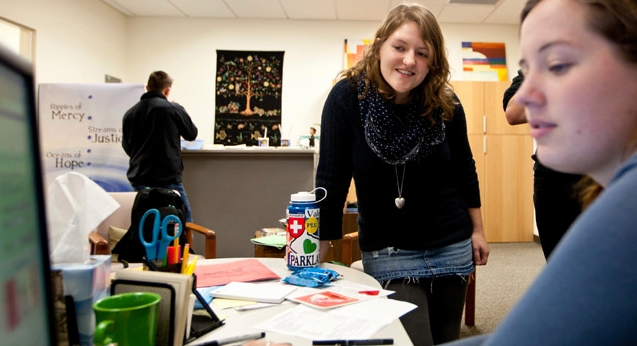Page 217 • (7,188 results in 0.058 seconds)
-
, located on Lower Campus by T-Stad). Our prices are quite affordable, so we encourage you to come and check out gear so that you can lead your own adventures during the first month of school. We strongly encourage you to get out and about (safely) during these first couple weeks of school. Spending time in nature–away from our computer screens–will be more important than ever! Please look at our “Pocket Guide to the PNW” below–it lists outdoor adventures worth checking out! If you ever have any
-
for PLU students that expands access to mental health and medical care by providing HIPAA-compliant access to online or phone-based services 24/7/365. Lute Telehealth provides no-cost, on-demand access to licensed mental health providers, nurse practitioners, and related services from the convenience and comfort of your phone or computer and at the location of your choosing. It also provides the opportunity to work with the same mental health counselor for up to 12 appointments over the course of
-
by downloading a version of the request form below. You may fill in the Word version on your computer or use the PDF version to print and fill out by hand. Please e-mail it back to Ryan Marsh. School Visit Request Form (Word Doc) School Visit Request Form (PDF) PLU Honor Orchestra for Strings PLU Orchestra Festival
-
Professor of Military Science LTC Jeremy Click Full Profile 253-535-8459 clickj@plu.edu
-

Stuen, former German, Norwegian, math and science professor, as well as the school’s first basketball and tennis coach. Ole Stuen built PLU’s first tennis courts, right where Red Square is today. Call it educating the entire student. It has been something PLU has been doing since its inception. And it is something both Olbertz and Stuen believe is worth supporting. “There are academics here, and they are the most important,” Olbertz said. “But there are also athletic programs here that need support
-

far away as Texas.“PLU is dedicated to providing a transformative, purposeful and interdisciplinary education that creates a strong foundation from which our graduates are prepared to be lifelong learners and can build successful and meaningful careers,” said President Allan Belton. “We are proud of our track record of preparing world-changing leaders and excited for the impact that this current generation of Lutes will have in the years and decades to come.” U.S. News ranked PLU 14th in best
-
times for courses. (Note: days/times are approximate and subject to change)Course Schedule for Elementary CertificationSummer Semester (June – August): Classes and a practicum component. Students can expect to be in classes or at the practicum site all day Monday to Thursday with the occasional Friday or Saturday class. EDUC 510: Teaching Reading and Language Arts (3) EDUC 520: Issues of Child Abuse and Neglect (1) EDUC 544: Sociocultural Foundations of Education (2) EPSY 566: Advanced Cognition
-

passionate about, not something that you can just make a living at.” And the financial support offered by PLU was invaluable, she noted. She received the President’s Scholarship, as well as help from QClub and a minister’s dependent grant. All this “really prevented me from having crippling loans after I graduate, which is important since I want to go on to graduate school,” she said. Rudquist plans to continue her education by studying for a masters in library science after she graduates in 2012. Read
-

New economics mentorship program eases classroom-to-career transitions for PLU students Posted by: Thomas Kyle-Milward / September 25, 2019 September 25, 2019 By StaffMarketing & CommunicationsTACOMA, WASH. (Sept. 25, 2019) — The academic rigors of higher education provide a rich, well-rounded foundation for students preparing for a professional career. Sometimes, however, it’s the reassuring helping hand of an experienced mentor that best smooths the ensuing transition from classroom to the
-
strategies for integrating young adult reading materials and written work and reading and writing instruction in all secondary content areas. (2) EDUC 544 : Sociocultural Foundations of Education Examines the purposes of K-12 schools, the root causes of the achievement gap, and the ways accomplished teachers adapt to the changing sociocultural context of schooling. (2) EDUC 556 : Critical Issues in Secondary Teaching Introduces what successful secondary teachers know and are able to do in the areas of
Do you have any feedback for us? If so, feel free to use our Feedback Form.


